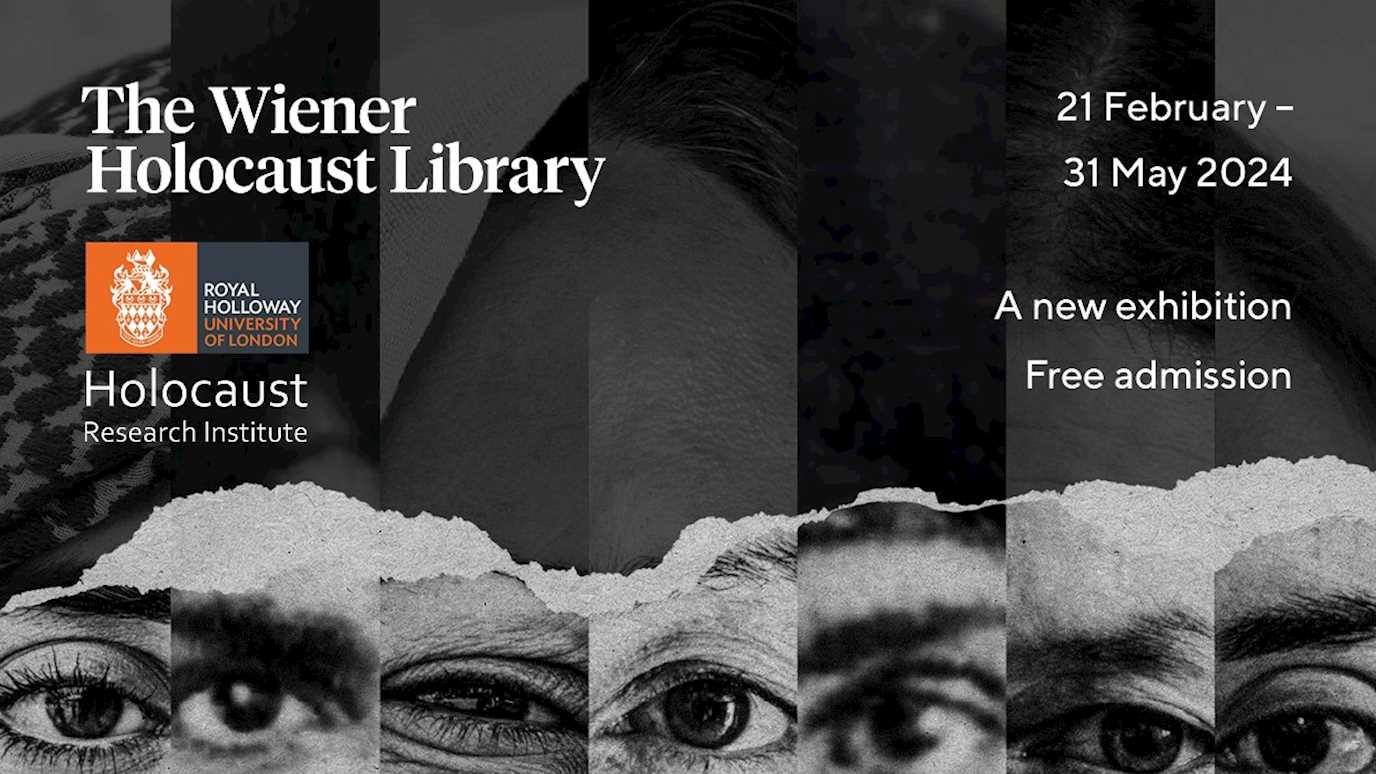Dr. Rebecca Jinks - Genocidal Captivity: Retelling the Stories of Armenian and Yezidi Women
In 1915, during the Armenian genocide, thousands of women were 'absorbed' into Turkish, Kurdish and Arab households. Afterwards, some escaped or were rescued by aid organisations, and rejoined the Armenian community. Almost a century later in 2014, in neighbouring Iraq, thousands of Yezidi women were abducted by ISIS and held in sexual slavery. Some managed to escape, helped by rescue networks, and joined other Yezidi survivors in refugee camps. Reintegration was a fraught and often exclusionary process. With taboos over sexual and religious purity broken, those who returned from captivity were sometimes viewed as unable to truly return. The women's stories remained largely untold and unheard: instead they were converted into symbols of a martyred, victimised community, and a site for humanitarian intervention.
Often, wittingly or unwittingly, NGOs reproduce these exclusionary frameworks, in both fundraising materials and aid practices. Scholarship, too, has struggled to depict the experience of such violence. I will collaborate with three Project Partners who are already challenging these problematic frameworks to address three key unanswered questions:
1) What were these women's experiences of captivity and reintegration, in all their uncomfortable complexity?
2) How can academics, NGOs, and artists write and visualise these stories differently, to problematise and subvert our current understandings of and responses to this violence?
3) How can NGOs learn from past experiences to better support reintegration and recovery after mass gendered violence?
I will first travel to Iraq to interview Yezidi survivors, working with the charity Free Yezidi Foundation. In the US and Canada I will complete archival research on Armenian women and give talks to Armenian diaspora communities to assist me in gathering family stories of genocidal captivity. I will then focus on a comparative book. Extending and reorienting my previous work on Armenian women survivors, I take up a key challenge from the cognate field of Holocaust Studies: how to write violence? How to evoke the women's disorienting, jarring experiences of genocide, captivity, and reintegration? In the absence of testimony from the Armenian women themselves, I will read state, humanitarian, and other sources against the grain, and incorporate the family stories I have gathered. My interviews with Yezidi women will inform my thinking aboutArmenian women's experiences, and provide key primary material. I will develop my ideas on 'writing violence' further via two academic workshops with early-career peers, in which we collaboratively explore solutions to the difficulties of writing violence.
The rest of the Fellowship is devoted to reimagining the public representation of these women's experiences, and influencing policy and scholarship. An exhibition at the Wiener Holocaust Library, developed in conjunction with Free Yezidi Foundation and the Armenian Institute, will tell the diverse captivity stories of ten Armenian and ten Yezidi women, exploring questions of voice, documentation, and representation. Accompanying the exhibition are two further interventions: a series of events enabling audiences to engage with these issues, and a NGO policy briefing, outlining the problems with current practices and offering alternatives. A journal article on 'genocidal captivity' will offer a new directionfor studies of gender and genocide.
This project dovetails with and develops the missions of each Project Partner. It will reshape the public understanding of genocide, and NGO practices. It will increase public and policymaker recognition of ISIS violence against the Yezidi, and will provide a proper historical articulation of hidden family stories for Armenian communities.
Principal Investigator: Dr. Rebecca Jinks
The project can be found in the PURE portal here: https://pure.royalholloway.ac.uk/en/projects/genocidal-captivity-retelling-the-stories-of-armenian-and-yezidi-
Upcoming Events
- The Wiener Holocaust Library - Genocidal Captivity: Retelling the Stories of Armenian and Yezidi Women - 21st February 2024 - 31st May 2024.
-
Genocidal Captivity: Curator Tour of The Wiener Holocaust Library Exhibition - 20th March 2024.





















